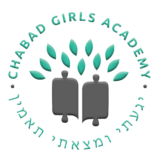Curriculum
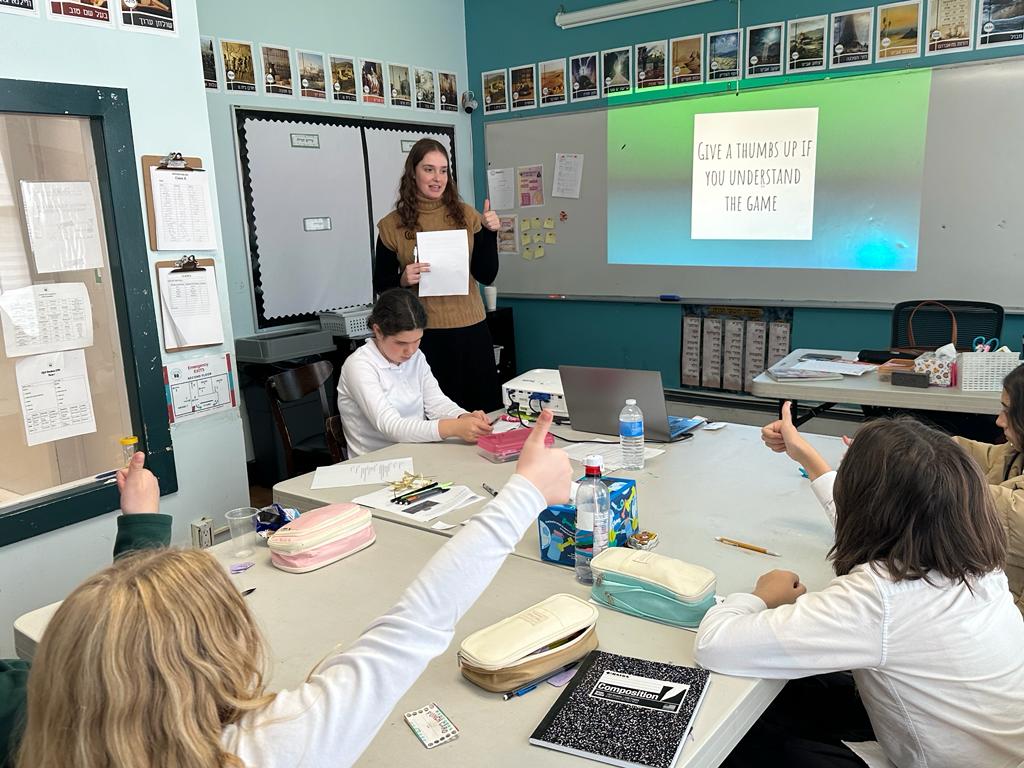
Jewish Studies
Davening,
Chumash and Hebrew Literacy,
Chassidus
Halacha,
Chassidishe Yomim Tovim,
Parasha
Novi
Biur Tefilla
Secular Studies
CGA is a NY State non-public school. We follow the NY State “Next Generation” curriculum for secular studies. We use the Constructivist model of education, enabling students to construct their knowledge with guidance from their teachers.
English Language Arts
Math
Science
Social Studies
Physical Education
Arts – Dance, Media Arts, Music, Theatre and Visual Art
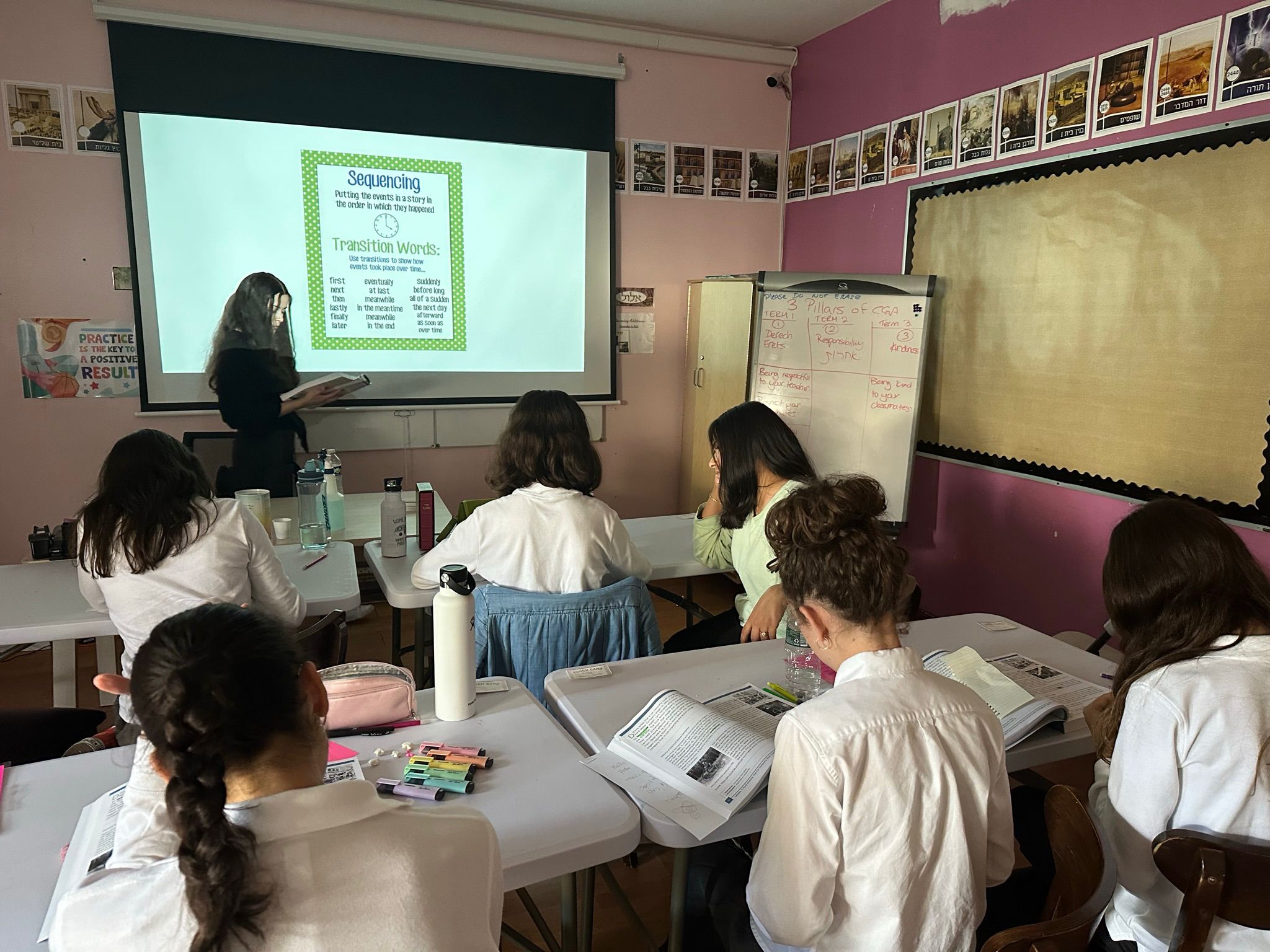
Electives and Extra-Curriculars
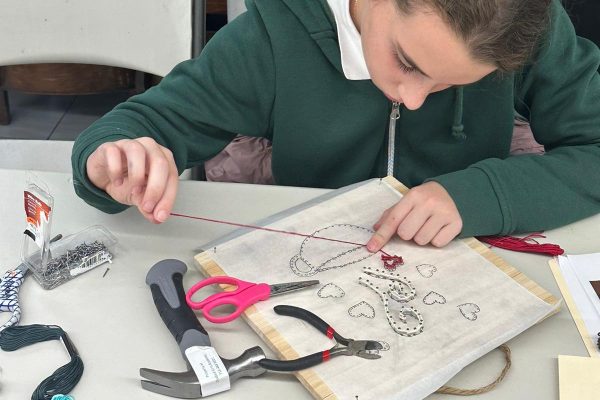
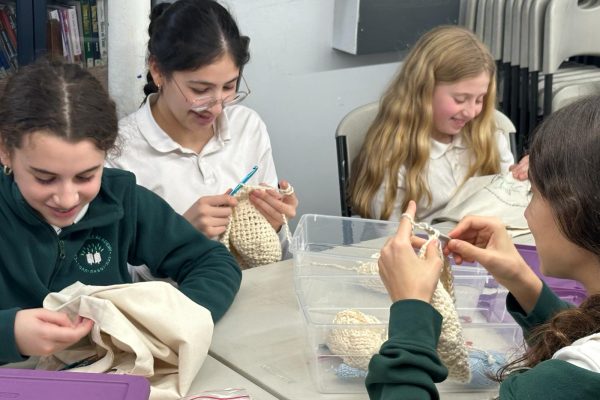
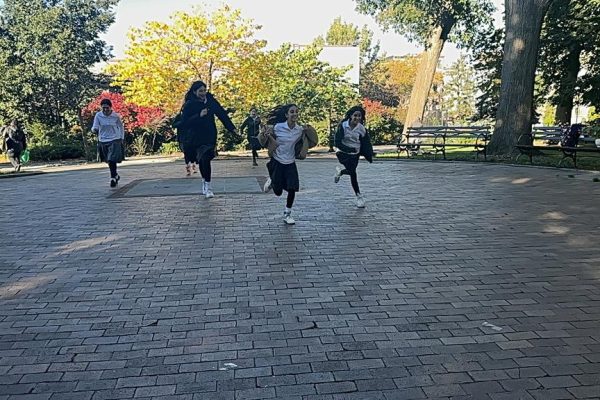
We have a holistic approach to education at CGA. We offer electives and extra-curricular activities to allow the whole student to blossom. We want each student to discover her talents and develop them. We offer her ways beyond the academic realm to contribute to the world.
Metacognition
Metacognition is awareness and understanding of one’s own thought processes.
Student understanding is greatly enhanced when students discuss their thought process while learning. By discussing the context, relevance, significance and/or purpose of what and how they are learning, their comprehension is heightened. Being aware of metacognition also gives our students the vocabulary to grasp complex ideas.
The Constructivist model of learning employs metacognition.
Constructivist Learning Theory
The Constructivist model is not just another way of knowing, but a way of thinking about knowing. It is a theory of communication to students – accommodating the fact that each learner will understand content and will process information in different ways.
Learning is an active process, unique to each individual. CGA guides each student in constructing meaning from what is being learned. We use the awareness of experiences already in the learner’s repertoire. Much of the learning is done in partners or groups or in hands-on ways which allows students to best absorb and understand the topics. We use Kagan Structures and Visual Thinking Routines to make students accountable in partnerships and groups.
The students take ownership of their learning and their learning process. For this reason, we have Student Led Conferences for our Parent-Teacher interviews.
